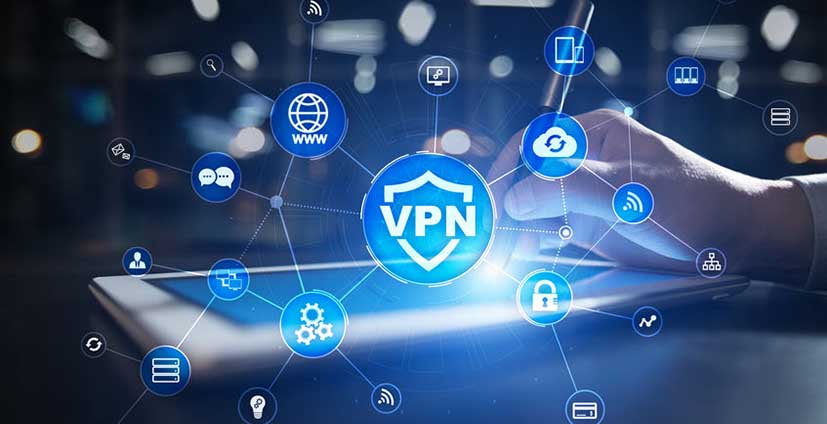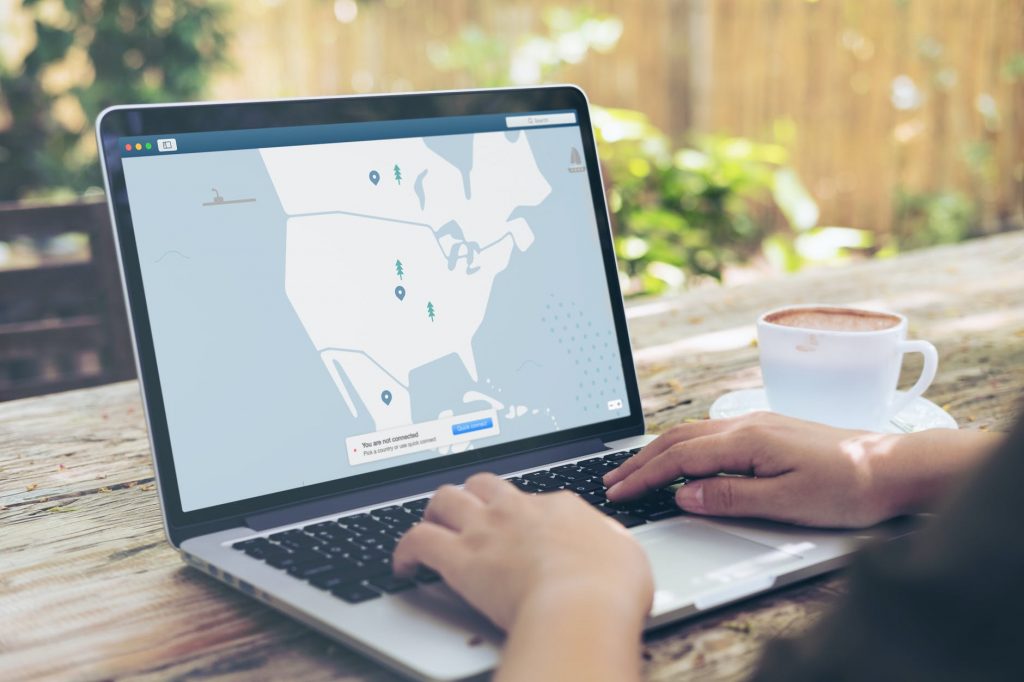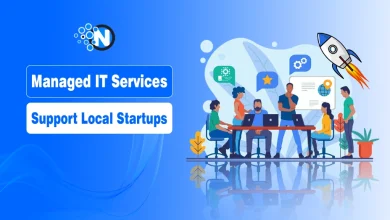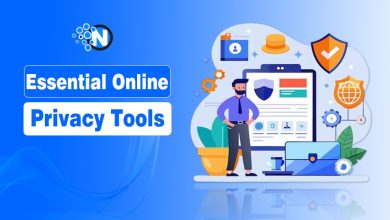Check Out: Most Dedicated VPN IP-Addresses Are Not Anonymous

For millions of people who use the internet every day, safety and security are the most important factors they look for in a VPN service. The market is flooded with VPN service providers who promise to offer the best protection free or at a premium. Unfortunately, not all VPNs can be trusted to keep your browsing activities private and your data secure.
In 2020, no-log VPNs are all the craze. Today, almost all VPNs come with the no-logs policy. A no-log VPN is a service that does not keep a log of your internet activity. This means that there is no proof of your internet activity once you log off a network. The best VPNs, which VPNs Redditors recommend should have features to improve your anonymity while online.
Is there such a thing as an anonymous VPN?
While VPNs protect your real IP address when online, websites can see who you are. They get this information using browser features like cookies, login details, user agents, and your browsing fingerprint. This is why it is said to be impossible to remain completely anonymous while online. The best practice is to keep your browsing data from hackers and sniffers.
VPNs give you high levels of digital privacy when browsing, gaming, or working, but cannot completely make you anonymous online. This is because apart from cookies and your digital fingerprint, VPN service providers know who you are. A VPN service provider can easily identify you through your IP address even as they work to protect it from other people.
While using a VPN may not give you the anonymity you want, the best types come loaded with features that enhance your digital privacy. There are certain features you need to look for in the best VPN to keep you anonymous in 2020.
VPN service features to keep you anonymous in 2020
No-log VPNs
A highly private VPN should keep no logs of your internet activity. When you log off a VPN connection from a mobile device or computer, you should leave no usage or connection logs, even with the VPN provider. This means that all your activities online are unrecorded, including the time you were online and the VPN server you connected to. When there is no log of your activity, there can never be a paper trail for your activity. This means that government agencies or security agencies cannot get any data on your activity even from the VPN provider.

E2e timing attacks and connection logs
Keeping aggregated statistics or minimal connection logs is not damaging to a VPN service provider. Even so, it can be a problem when a VPN stores the timestamp for your internet connectivity alongside your IP address or identifiable account details.
Keeping timestamps alongside the user IP address creates a possibility for e2e timing attacks (time correlation attacks). This happens when data from a third party website can be tied to a von user simply by checking the time they logged into the VPN network. It only takes a bit of time, resources, and money to know what the IP address user was doing online using the VPN service. This is why it is important to avoid VPNs that keep logs. A no-log VPN is the best VPN service to keep you anonymous in 2020.
Shares IP addresses
When you use a VPN with a shared IP, it means that many other people are using the same IP address. This makes it easier for you to hide your activities online since the IP is connected to multiple users. It is impossible to know what each of the IP users was doing online when under the same IP. The best VPN for anonymity in 2020 should offer shared IPs.
With shared IP VPNs, your activity is mixed with web traffic from the same IP from other VPN users. A dedicated IP address is easy to track since you are the only one using the network. While a VPN can protect you when using a dedicated IP, it is more vulnerable than a multi-user IP.
Double hop or chaining VPNs
Double hop is a VPN feature that allows users to jump through different VPN tunnels through two or more servers. This helps further to hide your connection routes, location and browsing habits. It is especially beneficial for shared IPs as it works to ensure the browsing fingerprint from different users follows different tunnels.
Chaining VPNs involve many connection processes to mask your browsing activities further. This can slow down your connection. However, some VPN users prefer to trade a bit of connectivity speed for added protection.




